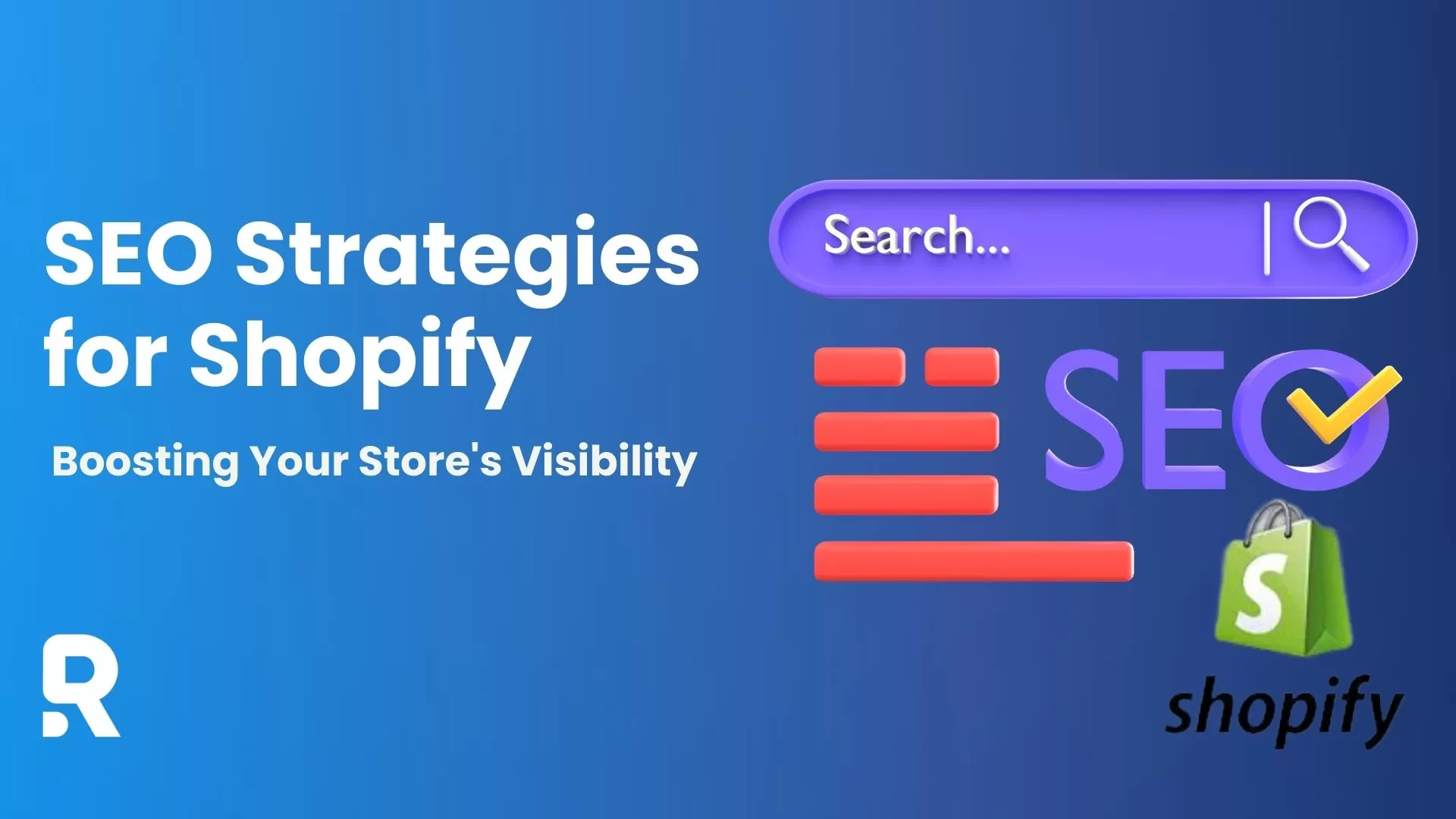
Introduction:
In the vast landscape of e-commerce, having a stunning online store is only half the battle. To truly succeed, your Shopify store needs to be easily discoverable by potential customers. This is where Search Engine Optimization (SEO) plays a crucial role. In this comprehensive guide, we will delve into effective SEO strategies tailored specifically for Shopify, helping you boost your store’s visibility and drive organic traffic.
1. Keyword Research: The Foundation of Shopify SEO
Before you embark on any SEO strategy, it’s essential to understand the keywords your target audience is using. Use tools like Google Keyword Planner or SEMrush to identify relevant keywords for your products. Incorporate these keywords strategically into your product titles, descriptions, and meta tags.
2. Optimizing Product Pages: From Titles to Descriptions
Ensure that each product page is a beacon for search engines. Craft compelling and keyword-rich product titles, and write detailed and unique product descriptions. Use high-quality images and optimize their filenames and alt text. The more information search engines have about your products, the better they can match them with user queries.
3. Shopify SEO Apps: Enhancing Functionality
Take advantage of Shopify’s robust app ecosystem. There are several SEO apps designed to simplify and enhance your optimization efforts. Apps like SEO Manager and Plug-in SEO can help you manage meta tags, optimize content, and even provide insights into your store’s performance.
4. Mobile Optimization: Catering to On-the-Go Shoppers
With an increasing number of users shopping on mobile devices, Google prioritizes mobile-friendly websites. Ensure your Shopify store is responsive and optimized for mobile users. Test your site on various devices to guarantee a seamless experience, as this directly impacts your search engine rankings.
5. Creating SEO-Friendly URLs: Simplifying Navigation for Users and Search Engines
Shopify allows you to customize your URLs. Craft clean, descriptive URLs that include relevant keywords. This not only makes it easier for search engines to understand your content but also enhances the user experience.
6. Building Backlinks: Quality Over Quantity
Backlinks remain a vital aspect of SEO. Focus on acquiring high-quality backlinks from reputable sources within your industry. Collaborate with influencers, and industry bloggers, or participate in community events to naturally build a robust backlink profile.
7. Optimizing for Local Searches: Tapping into Nearby Markets
If your business has a physical presence, optimize your store for local searches. Leverage Google My Business, include local keywords in your content, and encourage customers to leave reviews. Local SEO can significantly boost your visibility in specific geographic areas.
8. Regularly Updating Content: Staying Relevant in Search Results
Search engines favor fresh and relevant content. Regularly update your blog, product pages, and any other content on your Shopify store. This not only signals to search engines that your site is active but also provides more opportunities to target new keywords.
Conclusion:
In the competitive world of e-commerce, mastering SEO is a non-negotiable aspect of success. By implementing these Shopify-specific SEO strategies, you’ll not only boost your store’s visibility but also create a solid foundation for long-term growth. Remember, SEO is an ongoing process, so stay informed about industry trends and algorithm changes to ensure your Shopify store remains at the top of search results.
We can help you get your team or candidate right!